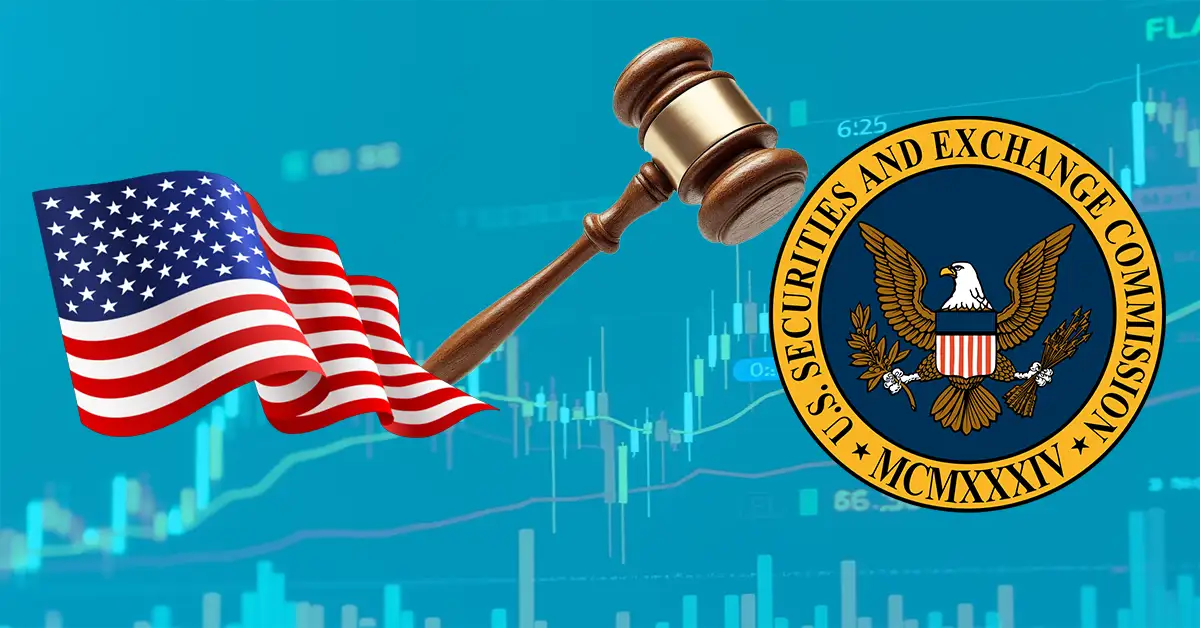
The appointment of Paul Atkins as the next Chair of the US Securities and Exchange Commission (SEC) marks a significant shift in the regulatory landscape for cryptocurrencies. This decision comes in the wake of Republican leader Donald Trump’s election victory, a development that all but spelled the end for crypto skeptic Gary Gensler’s tenure as SEC Chair. With Atkins, a renowned cryptocurrency advocate, poised to take the helm, the crypto community is abuzz with anticipation. The pressing question remains: Can Atkins navigate the SEC towards a more crypto-friendly future?
High Expectations from Crypto Enthusiasts
John Deaton, a prominent lawyer known for his pro-XRP stance, recently expressed the high expectations that crypto enthusiasts have for Paul Atkins in a social media post. Deaton’s insights highlight the urgency for transformative changes within the SEC. He argues that the agency needs a complete overhaul, especially in terms of its leadership, to create a regulatory environment that encourages innovation while ensuring investor protection. This sentiment echoes the broader desire within the crypto community for a balanced approach to regulation.
John Deaton’s Key Reforms for the SEC
In his call for reform, Deaton emphasizes the need to remove officials who supported Gensler’s regulatory crackdowns on the crypto industry. He believes that replacing these individuals is essential for Atkins to establish his credibility as the right successor. Deaton suggests that Atkins should focus on building a leadership team within the SEC that prioritizes a regulatory framework conducive to both innovation and investor safety.
Moreover, Deaton questions the need for a separate crypto unit within the SEC. He argues that a general fraud unit, responsible for handling all types of fraud, would be a more efficient approach. This would allow the SEC to address issues across the financial spectrum without singling out the crypto sector. Deaton also advocates for clear guidelines that exclude decentralized finance (DeFi) and self-custody from SEC jurisdiction, thereby fostering an environment that respects the decentralized nature of cryptocurrencies.
Industry Support for Regulatory Change
Deaton’s proposals have gained traction among industry leaders, including Brad Garlinghouse, CEO of Ripple, who has voiced his support for a more sensible regulatory strategy. The crypto industry has faced significant challenges under Gensler’s leadership, with many feeling that his approach stifled innovation and growth. Atkins’ appointment is seen as an opportunity to rectify these issues and pave the way for a more favorable regulatory climate.
SEC’s Misconduct in the Debt Box Case
Adding to the urgency for reform is the recent revelation of misconduct by the SEC in its handling of the Debt Box case. Earlier this year, a federal judge found that the SEC had overstepped its authority in its attempts to obtain a restraining order against Debt Box, a Utah-based crypto company. This led to the resignation of two SEC attorneys involved in the case. Deaton has called for the immediate dismissal of all officials associated with this incident on Atkins’ first day as Chair.
The Road Ahead for Crypto Regulation
As Paul Atkins prepares to take charge, the SEC stands at a pivotal juncture. Will the agency embrace Deaton’s proposed reforms and usher in a new era of crypto regulation, or will it continue down its previous path? The crypto community is watching closely, eager to see how these changes will unfold. The future of the crypto industry in the United States could hinge on the decisions made in the coming months, making this a critical period for stakeholders and enthusiasts alike.






